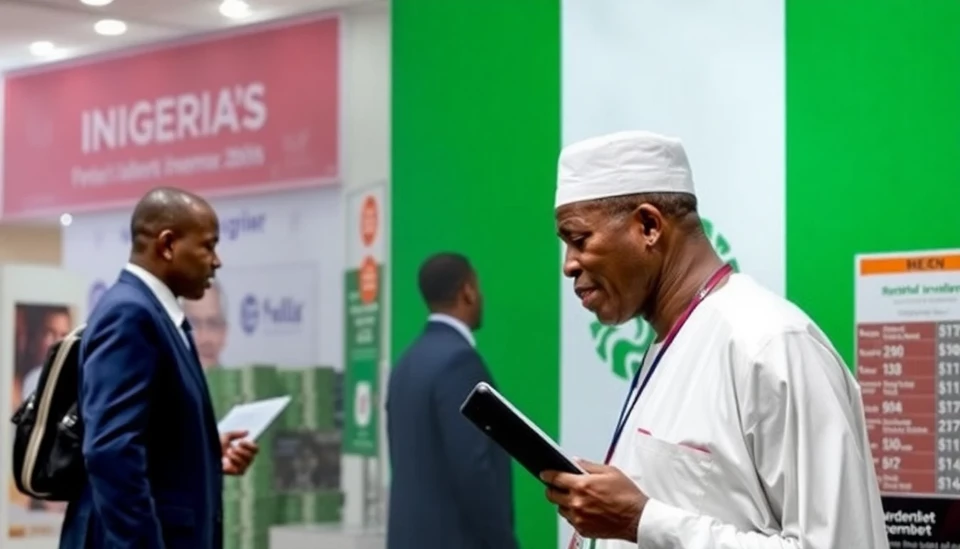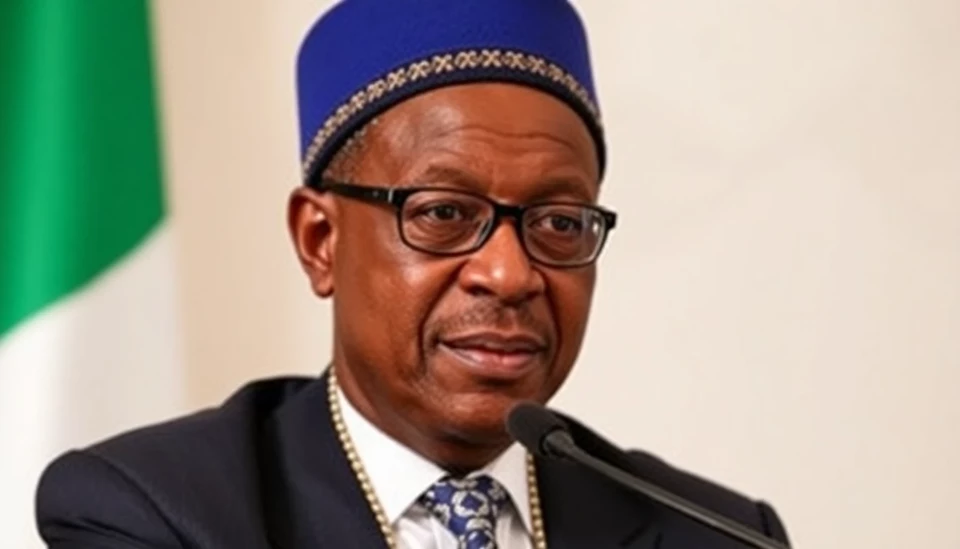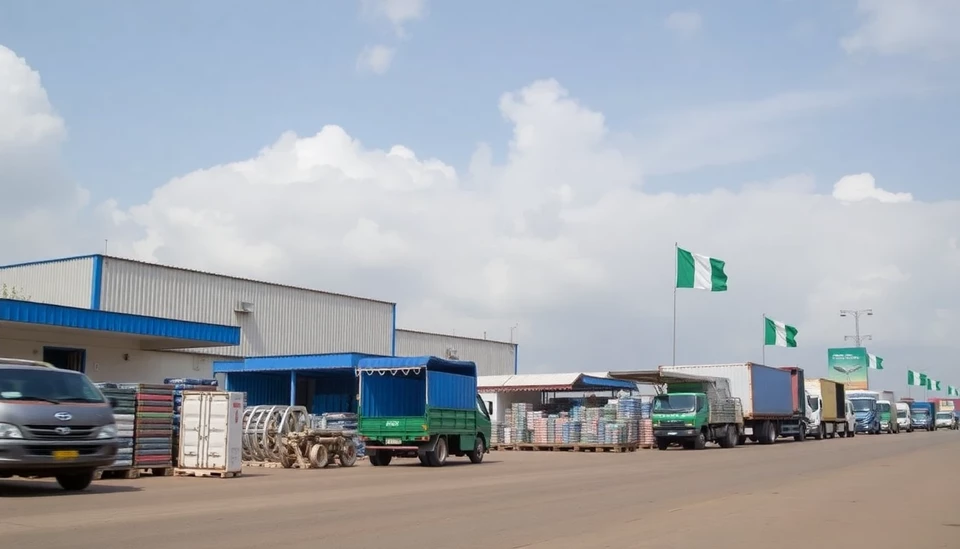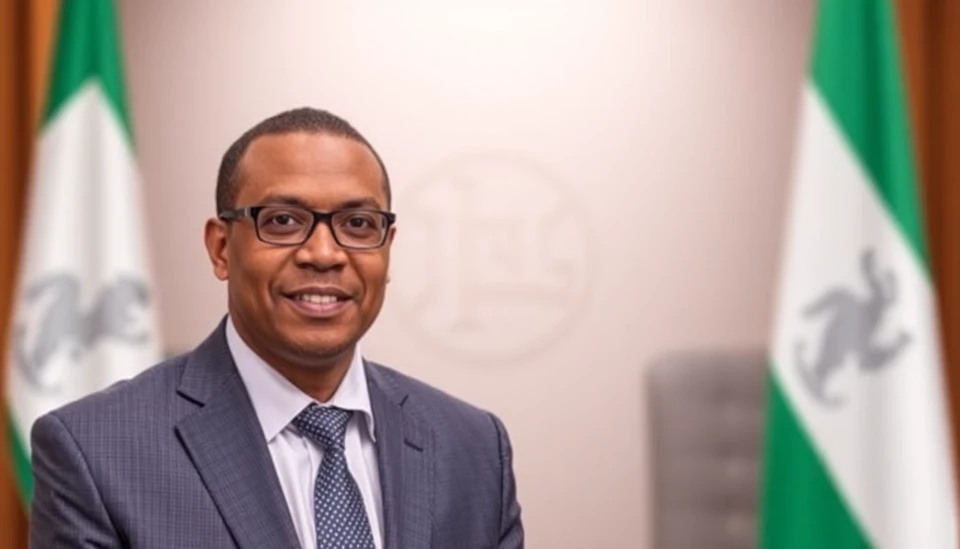
The Nigerian economy has been recently jolted by unexpected inflation figures, which have sparked discussions among economists regarding the potential for another interest rate hike from the Central Bank of Nigeria (CBN). The latest data revealed that inflation rates soared to 22.7% in October, a sharp increase that has far exceeded analysts' forecasts of 19.5%. This significant uptick marks an alarming trend and indicates the growing pressures on the Nigerian economy.
This surge in inflation can be attributed to various factors, notably the escalating costs of food and transportation. These two sectors have seen particularly stark price increases, contributing heavily to the inflation rate. For instance, food prices have been pushed higher due to disruptions in agricultural production, driven in part by adverse weather conditions and ongoing security challenges in several farming regions of the country. Meanwhile, transportation costs have surged as fuel prices have continued to rise, exacerbated by a lack of stable supply chains and global fuel price fluctuations.
The CBN had previously raised its benchmark interest rate in September to 18.75%. However, with the current inflation figures looming large, there is growing speculation in the markets about whether the central bank will opt for another increase in its next monetary policy meeting. Economists are divided on the necessity and potential impact of such a move, with some arguing that it might help to bring inflation under control, while others warn it could stifle economic growth further.
The implications of these developments extend beyond mere economic theory; they resonate with the everyday realities of Nigerian citizens. With many families already grappling with high living costs, the increase in inflation poses a direct threat to their purchasing power and overall economic stability. Higher interest rates could mean more expensive loans, impacting consumer spending and investment initiatives, which are vital for rejuvenating the economy.
As the political landscape in Nigeria also continues to evolve, closely watching these economic indicators becomes crucial. The current government faces pressure to navigate these challenges while addressing public concerns over economic hardship. With the recent inflation data, the central government and CBN’s upcoming monetary policy decisions will likely be pivotal in determining Nigeria's economic trajectory for the foreseeable future.
The stakes are undoubtedly high as stakeholders from all sectors prepare to respond to the latest economic shifts. Whether the CBN chooses to hike rates or hold them steady, the reverberations of these decisions will be felt across Nigeria and potentially impact foreign investment and perceptions of the country’s economic stability.
As we approach the next meeting of the Central Bank, all eyes will be on how policymakers respond to this unexpected inflation spike and what it means for the average Nigerian citizen.
#Nigeria #Inflation #CentralBank #InterestRates #Economy #Economists #CostOfLiving
Author: Rachel Greene




